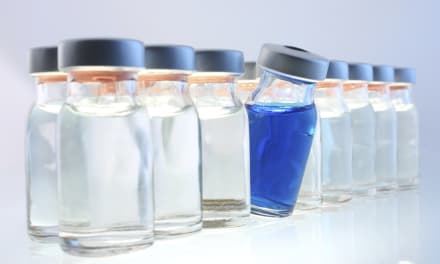factsheet: BCG
full name
Bacillus Calmette-Guerin
protects against
Tuberculosis (TB) is an infection that usually affects the lungs. It can also affect other parts of the body such as the brain and bones. It spreads mainly by breathing in infected particles.
when it is given
This is given when your child is between 10 and 14 years. It is sometimes given to babies shortly after they are born if they are at special risk e.g. if a family member has tuberculosis. It is given in schools or in specialist centres throughout the UK by trained doctors.
effectiveness
Although TB is no longer common is this country, there are between 5,000 and 6,000 cases a year. TB is on the increase in Asia, Africa and some Easter European countries.
side-effects
A small blister or sore appears where the injection is given. This is quite normal. It gradually heals leaving a small scar. The BCG is a tried and trusted vaccine and reactions to it are very rare.
how is it given?
Most children have the BCG injection when they are between 10 and 14. Your child will have a skin test to see if they already have immunity to TB. If not, the immunisation is given. Babies under three months who are having the immunisation don’t need to have the skin test.
Q: Why are some babies given an injection against tuberculosis?
It depends where you live. It is given to babies of recent immigrants from countries where TB is still common, e.g. Asia, South America and Africa. Your baby will also be offered it if he/she is in contact with people from countries such as these or if you ask for it.



